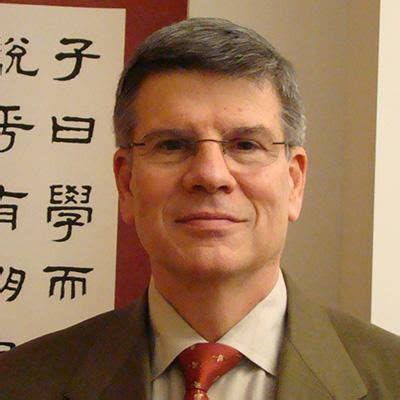A Quote by Rod Blagojevich
A successful economic development strategy must focus on improving the skills of the area's workforce.
Related Quotes
Long-term economic growth depends mainly on nonmonetary factors such as population growth and workforce participation, the skills and aptitudes of our workforce, the tools at their disposal, and the pace of technological advance. Fiscal and regulatory policies can have important effects on these factors.
The issue here is this, that the Government's argument at the present moment is the argument that now the war is over, terrorism is defeated, we have to focus on economic development which in the north and east particular, being the areas where the war was fought, development has to proceed at a pace. That people from those parts of the country are leaving seems to suggest a lack of confidence and certainty in the trajectory of this kind of economic development.
We are one human race, and there must be understanding among all men. For those who look at the problems of today, my big hope is that they understand. That they understand that the population is quite big enough, that they must be informed that they must have economic development, that they must have social development, and must be integrated into all parts of the world.
China is a main energy consumer and, therefore, is also a big greenhouse gas emitter. We must use energy resources rationally and must conserve. This needs us to adjust our economic structure, transform the mode of development, to make economic development more dependent on progress of science and technology and the quality of the work force.

































